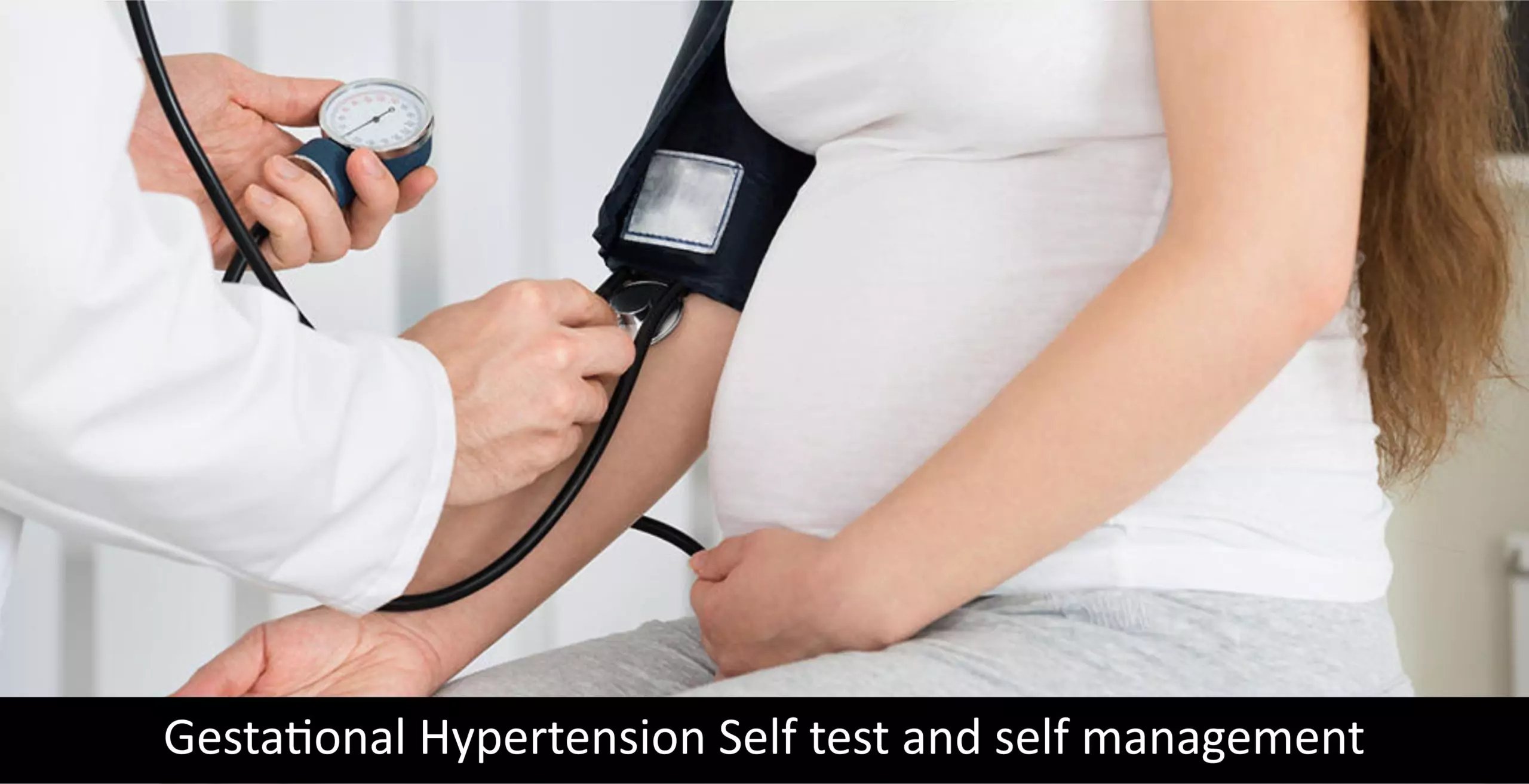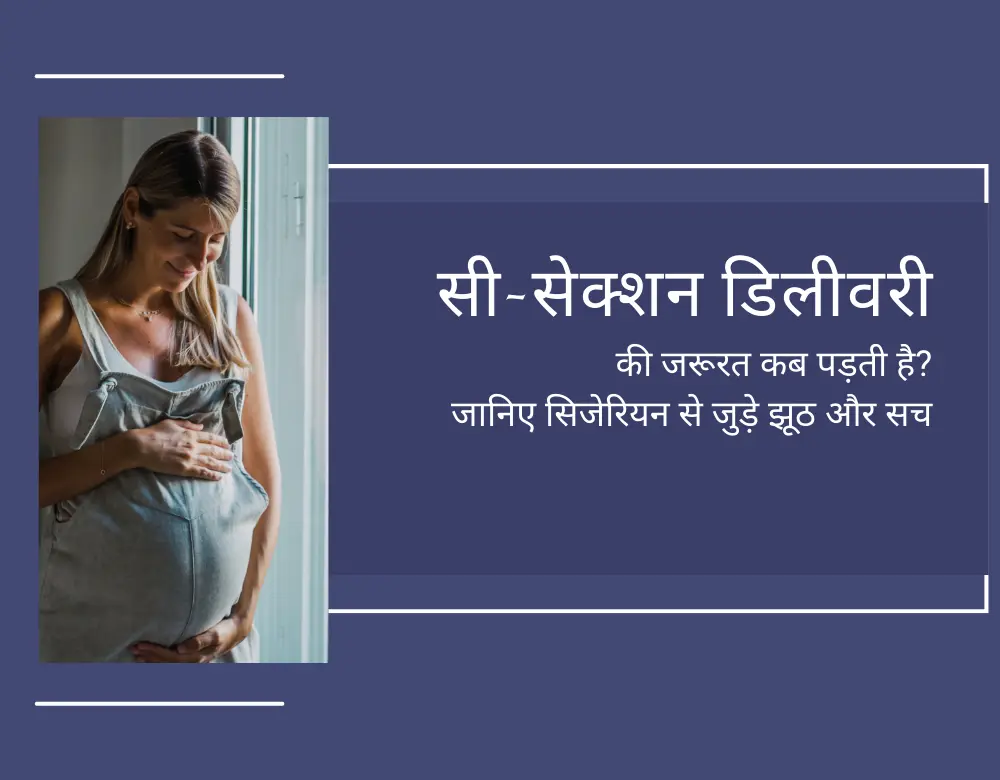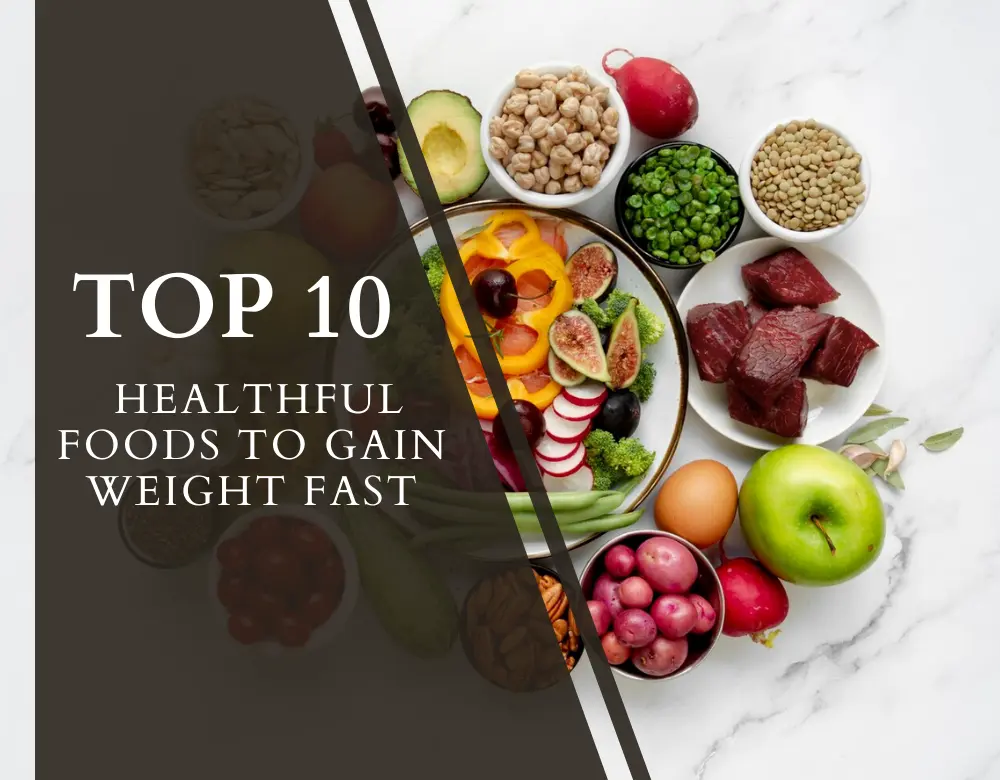Gestational Hypertension: Self-Test and self-management
Raised blood pressure is quite a common issue faced by many women during pregnancy. Pre-eclampsia can be diagnosed if a mother has raised blood pressure and protein in her urine after the 20th week of pregnancy. Diagnosis is presently done by monitoring blood pressure and urine at antenatal visits and most women have talked about monitoring them on their own, but there has been very little research to guide this. For an accurate diagnosis, you should consult the best gynaecologist in Gurgaon.
Hypertensive disorders in pregnancy are a prominent cause of maternal and fetal morbidity all around the world. It can be chronic that means predating pregnancy or diagnoses before 20 weeks of pregnancy or preeclampsia or gestational hypertension. Also, raised blood pressure (BP) has affected almost 10% of pregnancies globally.
Causes of Gestational Hypertension
Majorly, there are three levels of hypertension that are mild (blood pressure between 140/90 and 149/99mmHg), moderate (blood pressure between 150/100 and 159/109mmHg), and severe (blood pressure of 160/110mmHg or higher). According to the best gynae in Gurgaon, the prime causes of Gestational Hypertension are still unknown. However, the following points may increase the risk:
- Having high blood pressure before you get pregnant or during a past pregnancy.
- Having a disease concerning your kidney.
- Being a diabetic.
- Being younger than 20 years or older than 40 years.
- Having multiple kids like twins or triplets.
Self-measures to Take for Gestational Hypertension
If you’re taking some medicine to lower your blood pressure (BP) and want to try for a baby, make sure to first visit the reputed gynae clinic in Gurgaon and consult the experienced professionals. They may suggest you switch your medicine to something different before you get pregnant. On the other hand, if you get pregnant already, tell your respective doctor instantly. They will suggest the much-need medication and advice as soon as possible.
It is essential to consult an expert for this because some medicines that deal with high blood pressure may not be safe to take during pregnancy. It can decrease the blood flow to the placenta and your baby, and also affect your baby in different ways. As you monitor your bp closely, make sure to do it throughout your pregnancy to ensure your high blood pressure is not influencing the growth of your baby.
Moreover, during the starting days of the pregnancy, your blood pressure tends to fall. It means you can come off your medication for time being but only under the expert’s supervision. You can also consult Dr Shikha Parashar, who is a well-experienced professional in this field.
Ways to Reduce High Blood Pressure
Stay active and don’t laze out. By doing some physical activity every day like walking, yoga, and other suitable exercises, can assist you to maintain your blood in the normal range. You can also connect with the best gynaecologist in Gurgaon and get a perfect balanced diet planned out. It will help you take low salt intake that will lead to a reduction of high blood pressure.

 Appointments
Appointments





.webp)